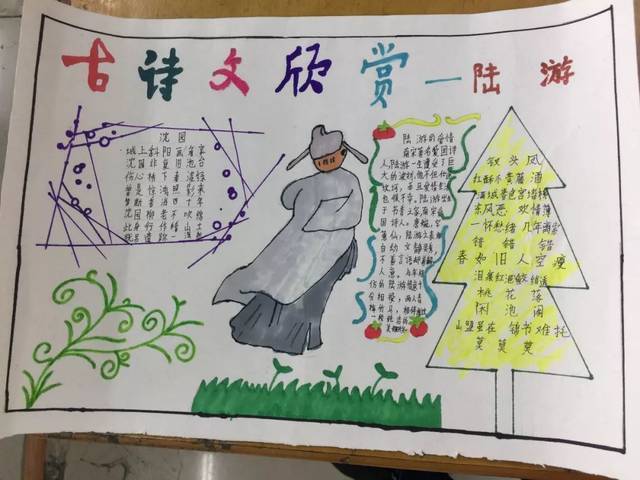Revolutionary Poetry Poets Handwritten Report
Revolutionary poetry has been a powerful tool for expressing dissent, inspiring change, and documenting historical moments. The poets who have contributed to this genre have often been at the forefront of social and political movements, using their words to challenge the status quo and envision a better world. Hand-copying their poems can be a meaningful way to engage with their work and share it with others. Here are a few revolutionary poetry poets whose work you may consider including in your handwritten report:
Pablo Neruda, the Chilean poet and diplomat, was awarded the Nobel Prize in Literature in 1971. His poetry is known for its passionate engagement with social and political issues, as well as its lyrical beauty. Neruda's work often reflects his commitment to justice and his belief in the power of poetry to effect change.

Langston Hughes was a key figure in the Harlem Renaissance, a cultural movement that took place in the 1920s and 1930s. His poetry explores the experiences of African Americans and the struggles for equality and justice. Hughes' work is celebrated for its musicality and its ability to capture the spirit of the times.
Safia Elhillo is a Sudanese-American poet whose work addresses themes of identity, displacement, and the complexities of belonging. Her poetry is both personal and political, drawing on her own experiences as a member of the Sudanese diaspora. Elhillo's writing is marked by its emotional depth and its exploration of cultural heritage.
Allen Ginsberg was a leading figure in the Beat Generation, a literary movement that emerged in the 1950s. His poem "Howl" is a landmark work of revolutionary poetry, challenging conventional norms and celebrating the counterculture. Ginsberg's writing is characterized by its raw honesty and its critique of societal norms.
1. Select poems from a diverse range of poets to showcase different perspectives and styles within the genre of revolutionary poetry.
2. Include brief biographical information about each poet to provide context for their work and highlight their contributions to the field.
3. Hand-copy the poems with care and attention to detail, paying close attention to the poet's use of language, imagery, and form.
4. Consider adding your own reflections or interpretations of the poems to personalize your report and demonstrate your engagement with the material.
5. Share your handwritten report with others to spread awareness of these poets and their important contributions to the world of literature and social change.
By creating a handwritten report featuring revolutionary poetry poets, you can not only deepen your understanding of this genre but also inspire others to explore the power of poetry as a tool for activism and expression.
